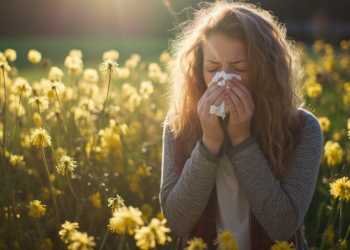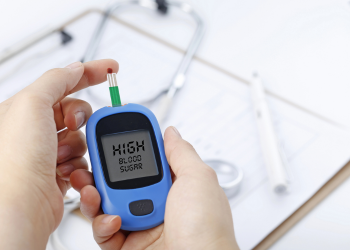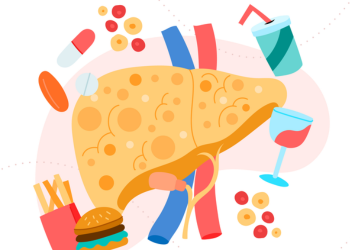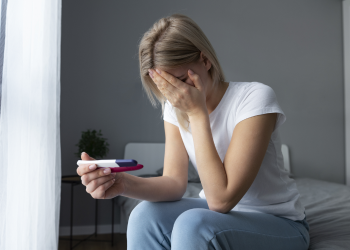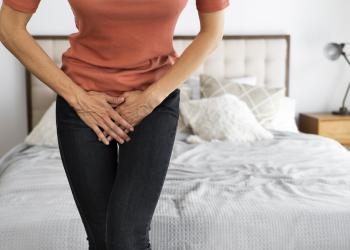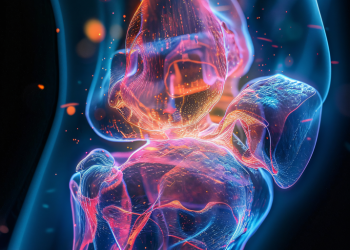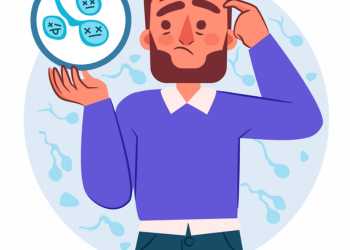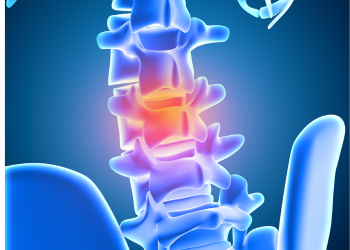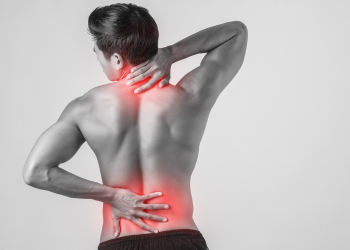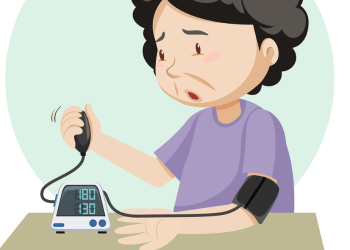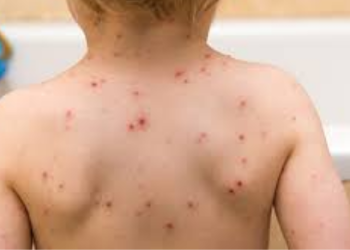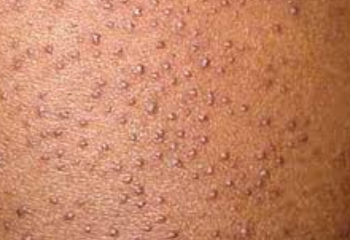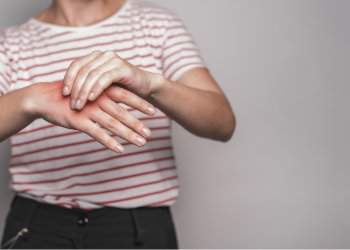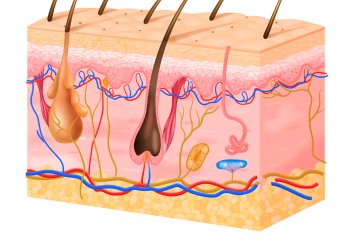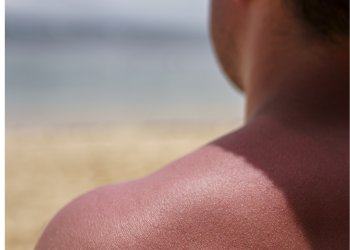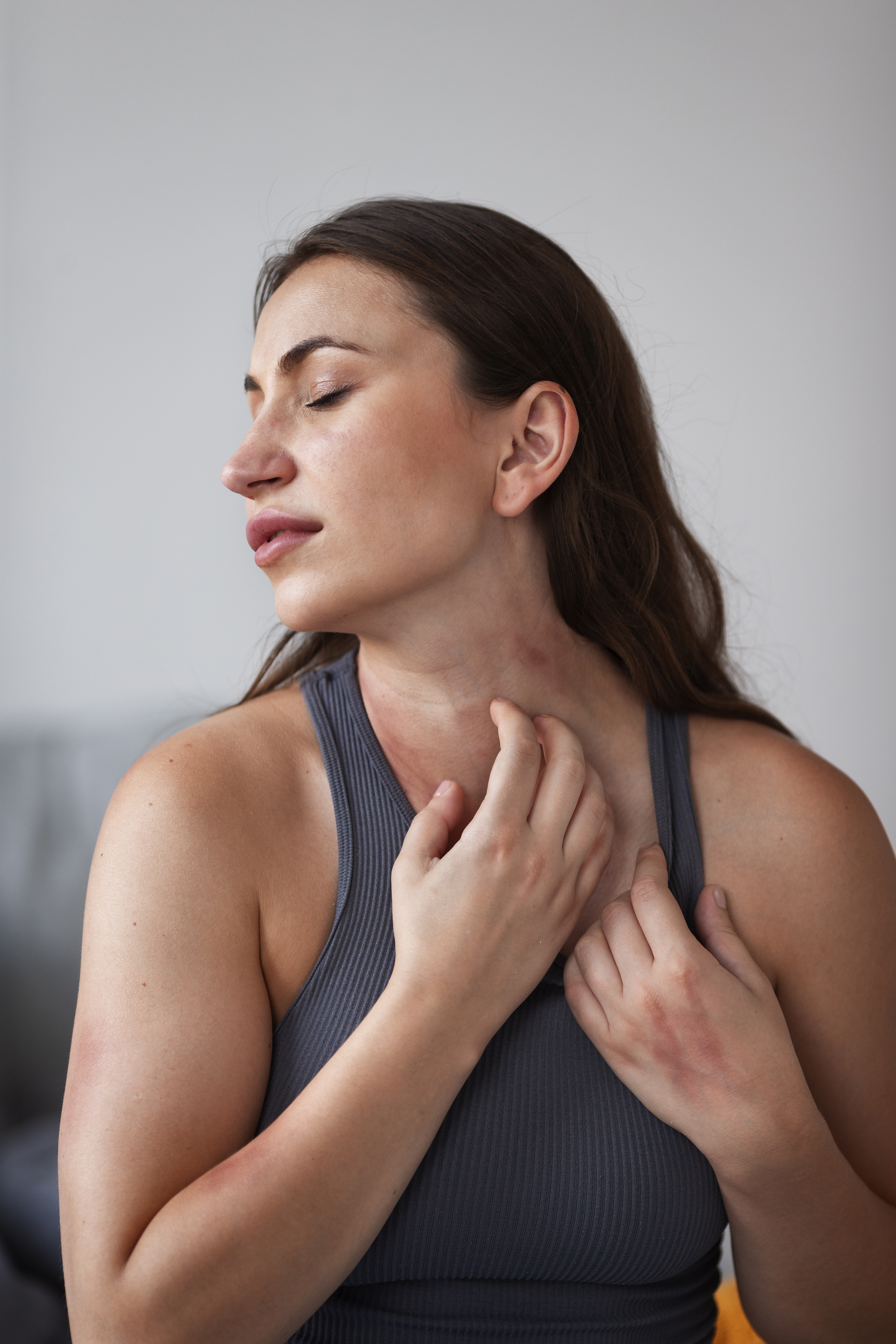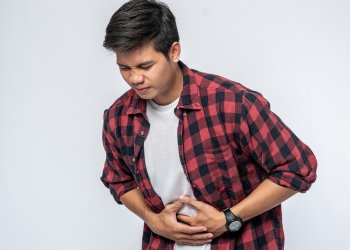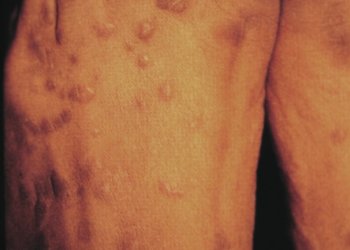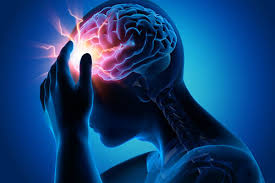
Homeopathy is a sure-shot treatment for migraine with medicines
that have no side effects and which cure the attacks completely. The treatment
may take a few months, but the results are that you are free of the symptoms,
and the migraine thing has disappeared
A migraine is a headache that brings on severe throbbing pain
usually on one side of the head. Usually with nausea, vomiting, and sensitivity
to light and sound. Migraine attacks can last for hours to days. Daily activities become a challenging task
with migraines
For some, a warning symptom known as an aura occurs before or
with the headache. An aura, like visual disturbances, such as flashes of light
or blind spots, or other disturbances, such as tingling on one side of the face
or in an arm or leg, and for some persons, difficulty speaking.
Migraines, which
affect children, teenagers, and adults, typically progress through four stages:
prodrome, aura, attack, and post-drome. Not all migraines go through these four
stages.
Prodrome
One or two days
before a migraine
· Constipation.
· Mood changes, from
depression to euphoria.
· Food cravings.
· Neck stiffness.
· Increased
urination.
· Fluid retention.
· Frequent yawning.
Aura
might occur before or during migraines. Auras
are reversible symptoms of the nervous system. They're usually visual but can
also include other disturbances
· such as seeing
various shapes, bright spots or flashes of light.
· Vision loss.
· Pins and needles
sensations in an arm or leg.
· Weakness or
numbness in the face or one side of the body.
· Difficulty
speaking.
Attack
A migraine usually
lasts from 4 to 72 hours if untreated.
Migraines can occur rarely or strike several times a month.
Pain usually on one side of your head, but often on
both sides.
Pain that throbs or pulses.
Sensitivity to light, sound, and sometimes smell
and touch.
Nausea and vomiting.
Post-drome
might feel drained, confused, and washed out
for up to a day.
Causes
Migraine causes aren't fully understood;
genetics and environmental factors appear to play a role.
Changes in the
brainstem and its interactions with the trigeminal nerve, a major pain pathway,
might be involved. So might imbalances in brain chemicals, including serotonin,
which helps regulate pain in your nervous system
Migraine triggers
There are a number
of migraine triggers, including:
· Hormonal changes in
women. Fluctuations in estrogen, such as before or during menstrual
periods, pregnancy, and menopause, seem to trigger headaches.
Hormonal medications, such as oral
contraceptives, can also worsen migraines.
· Drinks. These include
alcohol, especially wine, and too much caffeine, such as coffee.
· Stress. Stress at
work or home can cause migraines.
· Sensory stimuli. Bright or
flashing lights can induce migraines, as can loud sounds. Strong smells, such
as perfume, paint thinner, can also trigger
· Sleep changes. Missing sleep
or getting too much sleep can trigger migraines in some people.
· Physical strain. Intense
physical exertion, including sexual activity, might provoke migraines.
· Weather changes. A change of
weather or barometric pressure can prompt a migraine.
· Foods. Aged cheeses
and salty and processed foods might trigger migraines. So might skipping meals.
· Food additives. These include
the sweetener aspartame and the preservative monosodium glutamate (MSG), found
in many foods.
Risk factors
· Family history.
· Age. Migraines can
begin at any age, though the first often occurs during adolescence. Migraines
tend to peak during your 30s.
· Sex. Women are
three times more likely than men to have migraines.
· Hormonal changes. For women who
have migraines, headaches might begin just before or shortly after onset of
menstruation. They might also change during pregnancy or menopause. Migraines
generally improve after menopause.
HOMOEOPATHIC MEDICINES
EFFECTIVE MEDICINES FOR MIGRAINE ARE Onosmodum, Iris
versicolor, Natrum muriaticum, Magnesium phosphoricum
FAQS
How to fix a migraine?
Close your eyes and rest or take a nap. Place a cool cloth or ice pack
wrapped in a towel or cloth on your forehead and drink lots of water.
These practices might also soothe migraine pain: Try relaxation techniques.
What is the main
cause of migraine?
Multiple triggers may lead to a migraine attack.
Common examples include a drop in estrogen levels (pre-menstruation), alcohol
use, stress, cold weather fronts, and sleep deprivation.
What to do during a
migraine?
Sleep or lie down in a darkened room during a
migraine.
Try to avoid things that trigger migraines,
such as certain foods.
stay
well hydrated and limit the caffeine and alcohol you drink.
at a healthy weight.
Eat meals at regular times.
Get regular exercise.
Get plenty of sleep.
What is the fastest
way to stop a migraine?
At the first sign
of a migraine, take a break and
Turn
off the lights. Light and sound can make migraine pain worse.
Try temperature therapy. Apply hot or cold
compresses to your head or neck.
Sip a caffeinated drink.
Take your medications

